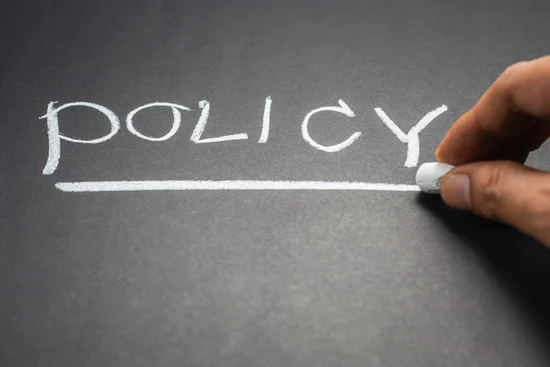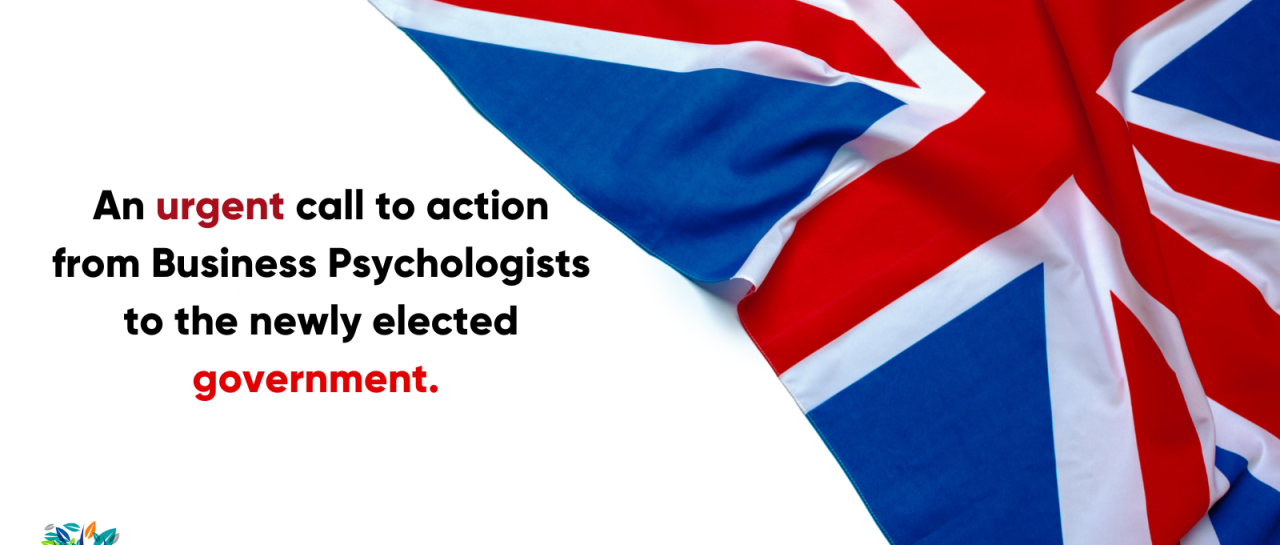Authored by Certified Business Psychologist Laura Howard. Certified Business Psychologist, Laura Howard, reflects on the webinar she recently delivered to ABP members. Below she outlines the main findings of her published research uncovering systematic barriers women face when being authentic as leaders. Importantly, she gives…

The U.K. government has set out a range of ‘Levelling-Up’ policy interventions to address regional inequalities that exist across the country, investing in towns and cities as well as rural and urban areas, pushing for greater educational opportunities, and increasing efforts to stimulate economic growth in disadvantaged communities.
Education has long been recognised as an important driver of economic wealth and growth. It has been shown to increase the human capital of a country’s labour force (Mankiw et al. 1992), as well as help facilitate the diffusion of knowledge and new technologies into economic production (Benhabib and Spiegel 1994). Yet, it is only relatively recently that a shift in focus has been increasingly directed towards the quality of education itself. Worse, bias both conscious and unconscious can have debilitating effects on the potential futures of marginalised populations in developing and developed countries alike. With governments gradually waking up to the disparities in education in their countries, the UK is not the only country that has begun pursuing efforts of “Levelling-Up” their educational systems. Despite such efforts, everyday practices in society continue to create situations that are biased.
Education does not overtly or knowingly discriminate between individuals. The educational performance of students from minority communities is less likely to be a function of race but that of unequal access to funds, high-quality curriculum, and qualified tutors. In the UK, meritocratic education discourse continues to present schools as ‘engines of social mobility’ regardless of an individual’s circumstances (Owens and de St. Croix 2020). Yet many still question whether schools can make up for the significant structural disadvantages of students with certain backgrounds, be they poor or marginalised in some way (Owens and de St. Croix 2020). In the USA, punishments like suspension and expulsion disproportionately affect Black students, inhibiting long-term educational attainment and well-being (Owens and McLanahan 2020).
Regarding employment opportunities, a report by People Management revealed that approximately thirteen percent of the U.K.’s working population represents minority groups. Ethnic minority representation halved between 2019 and 2021 (Powell, 2021). Bloomberg has also provided data showing a detailed breakdown of U.S. employee counts by gender and race. The research indicated that only four of the 37 big companies that provided information had Black individuals in ten percent of the management roles, indicating that companies are still struggling to add more ethnic minority workers, particularly in the upper positions (Green et al., 2021).
My colleague, Atiya Sheikh and I were recently invited by the Association for Business Psychology (ABP), to speak on the subject of ‘Levelling-up’. In preparation for the event, we took the opportunity to interview individuals of an ethnic minority whom we have coached over the years. The ways in which they have been able to navigate social inequalities and biases to achieve success in their careers, largely centred around five things.
1. Parental Influence
2. Cultural Identity
3. Influence of Teachers
4. Workplace Environment
5. Coaching and Mentoring
Where parents and teachers championed their aspirations in their early years, it helped build the self-efficacy and resilience necessary to navigate what they termed an inequitable society. Where cultural identity was celebrated, experiencing a sense of ‘belonging’ whether at university or in the workplace is seen as a critical determiner of their present and future success. Latterly, they were able to seek out coaches and mentors to guide them on their journeys and this was another vital intervention. As an ethnic minority myself, I never subscribed to the idea that I had to “work twice as hard” to be equal. The risk of buying into that rhetoric is that we inadvertently add to or endorse existing biases, rather than acknowledging our brilliance.



